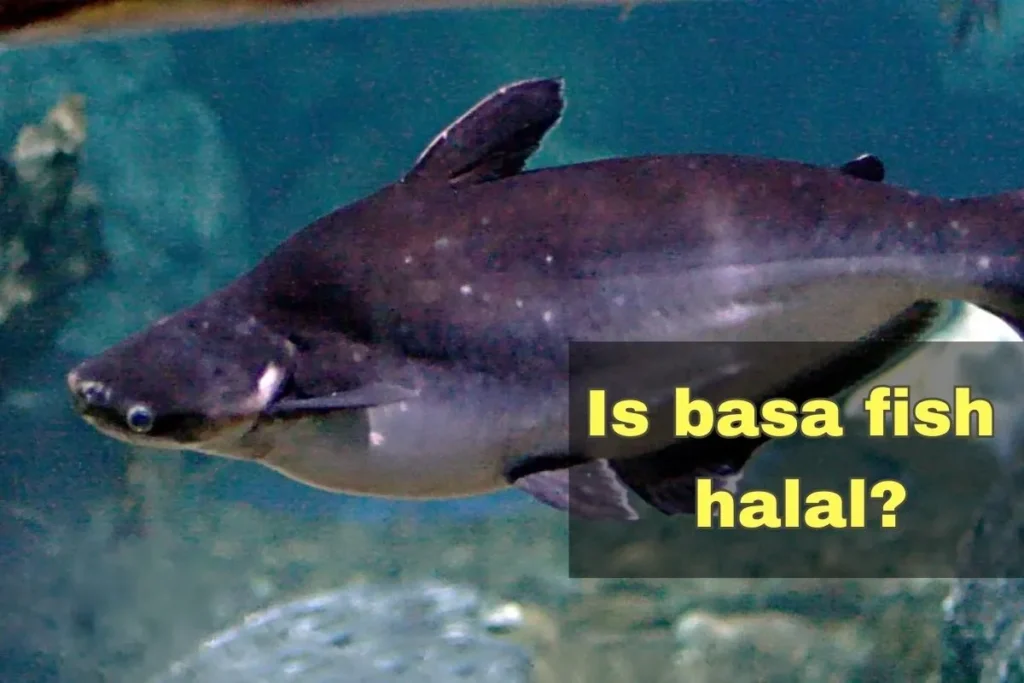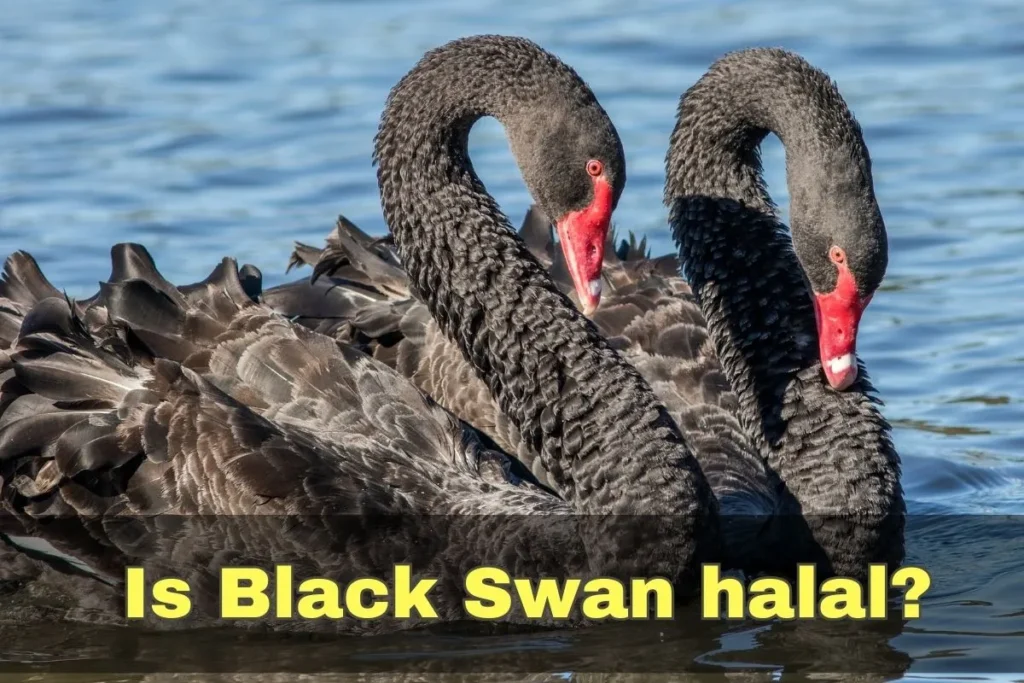Is Basa fish halal? It’s a question that plagues many minds, especially those who follow the Islamic faith. But what exactly defines a halal meat source? And how does Basa measure up against those criteria? Join us in exploring this topic further and gain insight into making informed decisions regarding your dining choices.
Key Takeaways
| 📌Basa Fish is Halal: Yes, according to Islamic teachings, Basa fish is considered halal, which means it’s allowed for Muslims to eat. |
| 📌 Islamic Guidelines: In Islam, food is generally considered permissible (halal) unless the Quran or Hadith specifically forbids it. Basa fish isn’t on the forbidden list, so it’s considered okay to eat. |
| 📌 Check Quality: When preparing Basa fish, ensure it’s of good quality and hasn’t been contaminated with harmful substances. Also, use Halal-compliant ingredients. |
About Basa Fish
Basa fish, also known as Vietnamese river cobbler, is a type of freshwater catfish native to Southeast Asia. Basa fish has become increasingly popular in recent years due to its affordability, mild taste, and versatility in cooking applications.
Basa fish was originally only found wild in the Mekong River system, but today, China leads production with farms located primarily along major rivers and reservoirs across Asia. Due to the high demand for imported fish products globally, Basa fish became a target for increased domestic production in countries without strict environmental regulations.
However, environmental groups have raised concerns over the impact of large industrial-scale fish farming operations on local communities and water resources.
In terms of culinary uses, Basa fish serves well grilled, baked, poached, sautéed, fried, or battered and deep-fried, similar to its close relative catfish. Larger flakes make it excellent for salads, sandwiches, pies, stews, and soups.
Despite a neutral flavor profile, some chefs describe it as having a slightly sweeter taste than cod or haddock. Overall, Basa fish offers exceptional value in both taste and price, appealing to customers seeking convenient, healthy alternatives to higher-cost options.
General Ruling for Food
Eating habits play an essential role in one’s spiritual journey, and Allah provides guidelines through scripture (Quran & Hadith) to help believers remain pure in mind and body. By refraining from unsuitable food, individuals ensure their relationship with God remains strong and protected; breaking these restrictions weakens this bond and hinders spiritual progress toward serving as devoted worshipers.
Adherence to religious dietary principles fortifies both the soul and physical being by fostering inner peace and overall wellness.
يَـٰٓأَيُّهَا ٱلنَّاسُ كُلُوا۟ مِمَّا فِى ٱلْأَرْضِ حَلَـٰلًۭا طَيِّبًۭا وَلَا تَتَّبِعُوا۟ خُطُوَٰتِ ٱلشَّيْطَـٰنِ ۚ إِنَّهُۥ لَكُمْ عَدُوٌّۭ مُّبِينٌ
“O humanity! Eat from what is lawful and good on the earth and do not follow Satan’s footsteps. He is truly your sworn enemy.”
If you want to determine whether or not something is Haram according to Islamic dietary law, refer to Verses 195 in Chapter 2 (Al-Baqarah) and Verse 3 in Chapter 5 (Al-Maidah) of the Quran.
وَأَنفِقُواْ فِي سَبِيلِ ٱللَّهِ وَلَا تُلۡقُواْ بِأَيۡدِيكُمۡ إِلَى ٱلتَّهۡلُكَةِ وَأَحۡسِنُوٓاْۚ إِنَّ ٱللَّهَ يُحِبُّ ٱلۡمُحۡسِنِينَ
“And spend of your substance in the cause of Allah, and make not your own hands contribute to (your) destruction; but do good; for Allah loves those who do good.
According to the verse above, we are prohibited from causing any harm or damage, including consuming things that may lead to sickness or cause ultimate harm. Therefore, anything that negatively affects the body – even if considered pure – should be avoided because Allah wants to protect His creation and guide them onto righteous paths.
As stated in the Holy Book of the Quran, there are particular kinds of meats categorized as impure. They include spoiled flesh, putrid meat, swine, creature bodies that died naturally, animals partially consumed by other creatures, and blood :
حُرِّمَتْ عَلَيْكُمُ ٱلْمَيْتَةُ وَٱلدَّمُ وَلَحْمُ ٱلْخِنزِيرِ وَمَآ أُهِلَّ لِغَيْرِ ٱللَّهِ بِهِۦ وَٱلْمُنْخَنِقَةُ وَٱلْمَوْقُوذَةُ وَٱلْمُتَرَدِّيَةُ وَٱلنَّطِيحَةُ وَمَآ أَكَلَ ٱلسَّبُعُ إِلَّا مَا ذَكَّيْتُمْ وَمَا ذُبِحَ عَلَى ٱلنُّصُبِ
“Forbidden to you are carrion, blood, and swine; what is slaughtered in the name of any other than Allah; what is killed by strangling, beating, a fall, or by being gored to death; what is partly eaten by a predator unless you slaughter it; and what is sacrificed on altars.“
Though many might believe all carcasses are considered unlawful (haram), per Islamic teachings, there exist two exceptions when they are acceptable to consume: Fish and Locust Carcasses. This information comes directly from a saying attributed to Prophet Muhammad ﷺ (peace be upon him) known as hadith:
It was narrated from ‘Abdullah bin ‘Umar that the Messenger of Allah (ﷺ) said:
“Two kinds of dead meat and two kinds of blood have been permitted to us. The two kinds of dead meat are fish and locusts, and the two kinds of blood are the liver and spleen.”
The Prophet Muhammad ﷺ (peace be upon him) additionally explained which types of animals fell under the category of prohibited food sources.
كُلُّ ذِي نَابٍ مِنَ السِّبَاعِ فَأَكْلُهُ حَرَامٌ
Narrated Abu Hurairah that the Prophet Muhammad ﷺ (peace be upon Him) said :
“Every beast with fangs is forbidden to eat”
عَنِ ابْنِ عَبَّاسٍ قَالَ نَهَىرَسُولُ اللَّهِ -صلى الله عليه وسلم- عَنْ كُلِّ ذِى نَابٍ مِنَ السِّبَاعِوَعَنْ كُلِّ ذِى مِخْلَبٍ مِنَ الطَّيْرِ
“From Ibnu Abbas said: “The Messenger of Allah, may God bless him and grant him peace, forbade from every wild animal that has sharp teeth and claws (predators)”
Is Basa Fish Halal?
Yes, according to the Hadith, all fish caught from the sea or water are Halal (permissible) for consumption by Muslims. This includes the Basa fish, as long as it is free from any harmful substances and prepared correctly using Halal ingredients.
Find out more :
Is angelfish halal or haram?
Is bass fish halal?
Final Thought
As we have seen in this article, determining whether basa fish is halal or haram requires a careful examination of Islamic legal teachings. Ultimately, consumers should seek halal guidance from qualified Islamic authorities who can assess individual circumstances and make recommendations about whether or not particular brands or suppliers meet halal criteria.
Wallahu A’lam (Allah knows best)
FAQ
Is basa a high-mercury fish?
Among the many varieties of fish available today, only a few can be categorized as relatively safer options for consumption compared to others. These include Arctic Char, Basa, Salmon, Tilapia, Canned Light Tuna, Herring, Sardines, Trout, and Processed White Fish.
Is basa fish unhealthy?
When it comes to providing a rich and balanced diet, Basa fish is a fantastic choice. Given its geographical origins in Southeast Asia, Basa provides a unique type of protein and healthy fats such as Omega-3.
Nevertheless, if not prepared carefully, the consumption of Basa may lead to food poisoning. Therefore, it’s essential to follow proper cooking methods before consumption.
Is basa better than catfish?
Basa is a species of catfish, originally from Vietnam. It differs from its American cousin, Channel Catfish, in terms of both taste and texture. Basa boasts a milder and sweeter flavor, along with a smoother, flakier consistency.
In contrast, the American channel catfish is often deemed slightly stronger in taste and has meat with less flake.
- Is Pop Tarts Halal? What You Need to Know - February 18, 2024
- Are Graham Crackers Halal in Islam? - January 19, 2024
- Is Keebler Wheatables Halal? - January 18, 2024





